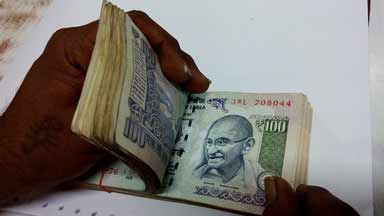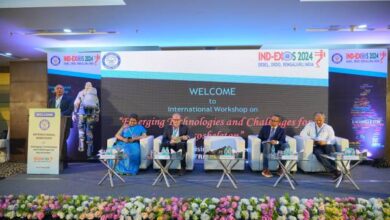Supreme Court decision on EPF

Last week, the Supreme Court had given a big decision about employees working in private companies. The court has changed the rules of the Provident Fund. The court said that the Institute can not separate the special allocation during accounting of PF. In such a situation, it is very important to know how much the impact will be on the staff. In simple words, it is a positive decision in terms of savings by the Supreme Court. At present, part of the PF is decided on the basis of basic salary and dearness allowance. But, now the special allowance and other types of allowances have been added to it. Now the Take Home Salary will be low because of the court’s decision but saving will be much more.
What is the rule of the EPF?
It is necessary for every private company employer to bring employees to the purview of the EPF, with more than 20 employees working there. Under this scheme, the employer has to deduct 12 percent of basic salary and dearness allowance of the employee and deposit it in EPF. It is compulsory for those employees whose salary is up to Rs 15,000. In the case of the employees whose salary is more than Rs. 15,000, the employer has the option to deduct 12 percent of base 15,000 rupees in the EPF category. Alternatively, the employer can cut 12 percent of basic pay and dearness allowance in this item.
The employee has to pay 12 per cent of basic salary on his behalf in the EPF category. It is mandatory to pay the same to the employer in the EPFO. However, 8.33 per cent of the 12 per cent of the basic salary paid by the employer goes to Employee Pension Scheme (EPS), which can be up to a monthly maximum of Rs 1,250.
Cash in hand is not just the only salary
Tax expert and investment adviser Balwant Jain says that most job seekers understand that cash in hand is the only salary. They do not consider deduction from salary for EPF as part of salary. Therefore, to increase these hand salaries, many employers give different options their employees. Such as canteen allowance, conventions, lunch allowances, house rent allowances, special allowances etc. Under the EPF scheme, house rent allowance and food conservation etc. are excluded.
What did the Supreme Court say?
The Supreme Court has enacted the rule of law on the Allowance (Rule of Universality). If any special allowance is given to all the employers of that institute without this distortion, how much work it does or how much of its output is, then it will be the pay of allowance wages and it will be calculated in the EPF deduction. Jain says that Overtime Allowance, Performance Linked Incentives (PLIs), bonuses, commissions and such other aliases will be excluded from the calculation of EPF. However, any of the alliances that are not related to performance will be included in the calculation of the EPF.
What will the Supreme Court’s decision affect your salary?
First of all talking about the employees whose EPF is deducted on a base salary of Rs 15,000, it will not have any effect on them. The employees whose salary is low and where the contribution amount is less than Rs. 15 thousand for the contribution of EPF, and those who receive such an accommodation on the basis of capacity, their cash in hand salaries will be reduced. This is because employers will also be joining this kind of allowance for contribution to the EPF. Employers must also contribute their contribution in the EPF.
Jain says that, in total, the impact of the Supreme Court’s decision will be that those whose income is low will contribute to the contribution of the PF. Their savings will be high but the salary in hand will be reduced. Those who have higher salaries and get special allowance for deduction of special allowance like EPF, their salaries in hand will decrease.









